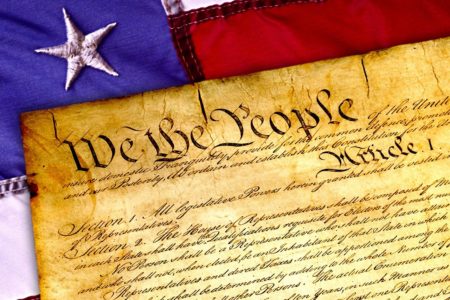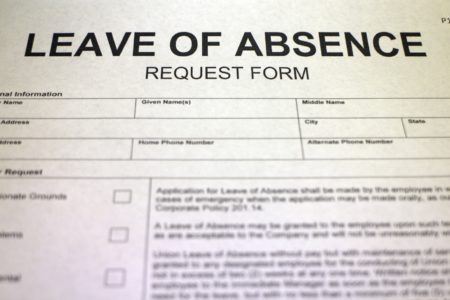
Most businesses are well-oiled-machines that rely upon their employees to keep the machine running. And, managers can get frustrated when employees aren’t available to work. But, businesses need to be very cautious when dealing with employees who miss work because of injury or illness. Employees with physical impairments can have rights under federal laws like the Americans with Disabilities Act and the Family and Medical Leave. Additionally, Alabama law prohibits employers from firing employees because they have filed a worker’s compensation claim.
In a recent case, a manager’s impatience with the workers’ compensation process was a key factor in the Alabama Supreme Court’s decision to send a retaliation case to trial. See Register v. Outdoor Aluminum, Inc., No. 1200181, 2021 WL 1826991 (Ala. May 7, 2021). Laura Register was injured on-the-job working for Outdoor Aluminum, Inc. on October 20, 2016. Register immediately began treatment with the company’s worker’s compensation physician and she was assigned a nurse case manager to facilitate her treatment. She was initially cleared to return to work light duty in March 2017, but was soon placed off-work after complaining about continuing symptoms. The workers’ compensation physician referred her to an orthopedic surgeon for neck pain and headaches.
This is where managerial frustration comes into play. On June 6, 2017, the nurse case manager told Register’s supervisor that she had been referred by the orthopedic for a Functional Capacities Evaluation, and she would need a follow-up appointment to review the results of that FCE. The supervisor responded with e-mails expressing a “negative attitude” toward the workers’ compensation treatment:
“Just when will this happen? This is dragging out way past its time.”
“We seem to be just going from one place to another TRYING to find a place that will say she’s disabled. She has no trouble going to yard sales and such. It seems light duty is easier than that.”
Register underwent the FCE on June 20, 2017. On July 18, 2017, she visited the regular workers’ compensation doctor, who referred her to a pain management doctor and placed her off-work until July 27, 2017.
But, on July 20, 2017, the supervisor: (1) e-mailed the case nurse; (2) learned that the FCE was complete; and, (3) was told that the orthopedic released Register to return to full duty with zero impairment. On July 21, 2017, the supervisor terminated Register’s employment, saying that she should have “reported back to work on 6/29/17” and concluding “it is obvious to me that you no longer wish to be employed here ….” The supervisor failed to recognize that the regular workers’ compensation physician had placed Register off work, and that Register still had not met with the orthopedic to review the FCE results. To make matters worse, Outdoor Aluminum had a three-step progressive discipline policy that it did not follow.
Outdoor Aluminum was able to convince a trial court judge that it did not violate Alabama’s retaliatory discharge statute. See Ala. Code § 25-5-11.1. But, the Alabama Supreme Court found the evidence was sufficient to warrant a jury trial. In particular the Court noted:
- Outdoor Aluminum was aware of Register’s injury and the fact that its regular workers’ compensation physician was treating Register. And, that regular physician placed Register off-work through July 27, 20217. The inference seems to be that Outdoor Aluminum should have checked on Register’s status with the regular physician before firing her.
- The supervisor’s emails before the FCE “indicate either that he did not believe that Register’s injuries were serious or that he believed that she was exaggerating her injuries to stay out of work.”
- Outdoor Aluminum did not comply with its own disciplinary policy. While Outdoor Aluminum argued that it had discretion to deviate from its policy, there was nothing in writing establishing that discretion.
- The supervisor was aware that Register was supposed to follow-up with the orthopedic to discuss the results of the FCE. But, Register did not receive a copy of the FCE or meet with the orthopedic before she was fired.
The Register case provides a simple lesson for employers: Go slow before firing an employee who is suffering from an injury, illness or impairment. Yes, employee absences are frustrating. But, state and federal laws are designed to protect employees who miss time for health-related reasons. If you act too quickly, and without all of the relevant information, you could be setting yourself up for a legal claim.








